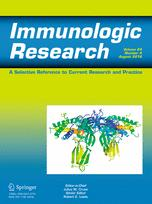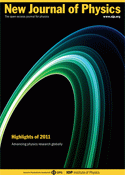
We’ve known for a while that too many researchers cite retracted papers. But in what context do those citations occur? Are some authors citing a retracted paper as an example of problematic findings, or do most citing authors treat the findings as legitimate, failing to realize they are no longer valid? In a new paper in Scientometrics, Gali Halevi at Icahn School of Medicine at Mount Sinai in New York and Judit Bar-Ilan at Bar-Ilan University in Israel examined citations to 15 papers retracted in 2014. Halevi told us why she was surprised to see how many authors don’t realize retracted papers are problematic, and what the publishing community can do to get the word out.
Retraction Watch: We’ve noticed that many papers are cited long after being retracted, without notifying readers the paper is problematic. You looked at citations to retracted papers and tracked how the citing authors described the paper – noting that its findings were problematic given the retraction (negative), or treating the findings as legitimate research that affirms the newer paper’s results (positive). The vast majority of post-retraction citations – 83% — were positive. Did that surprise you?
Continue reading Most citations to retracted papers don’t note they’re problematic, authors say







